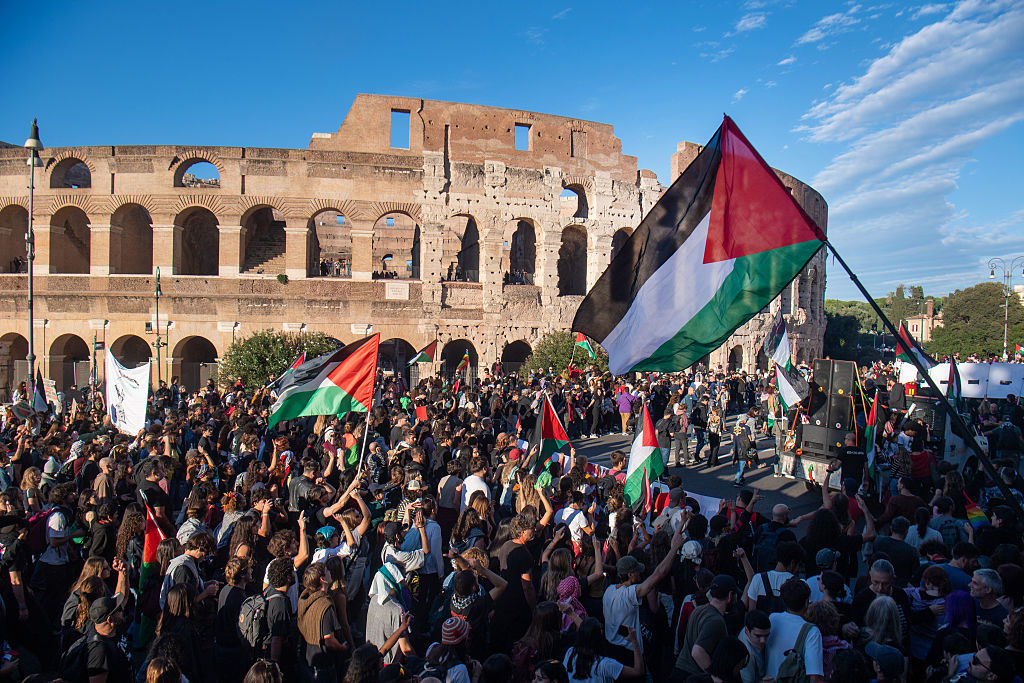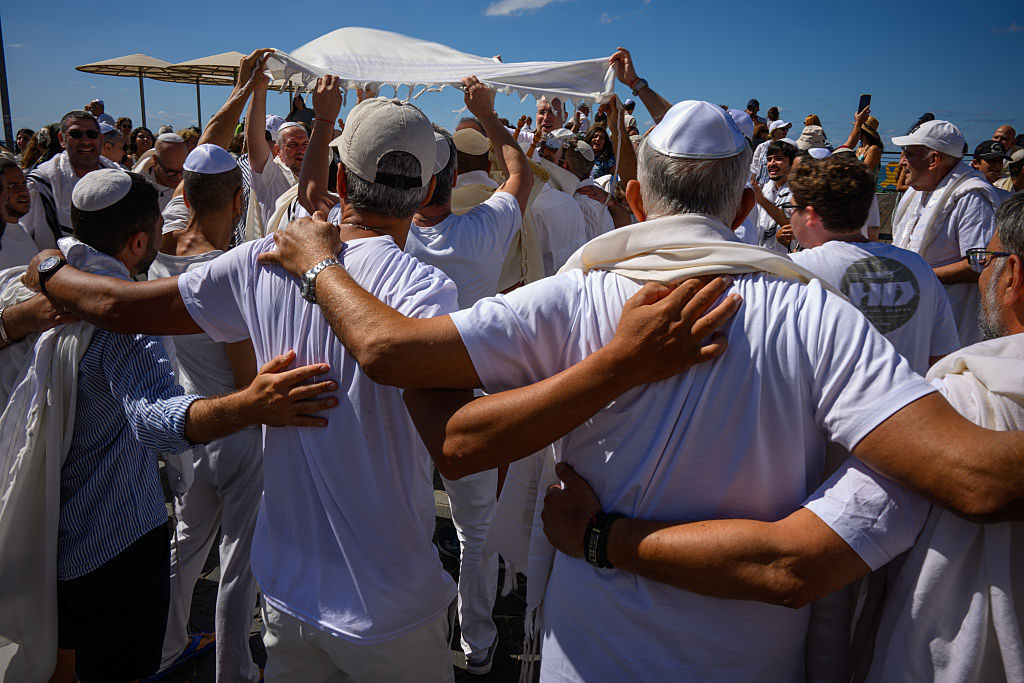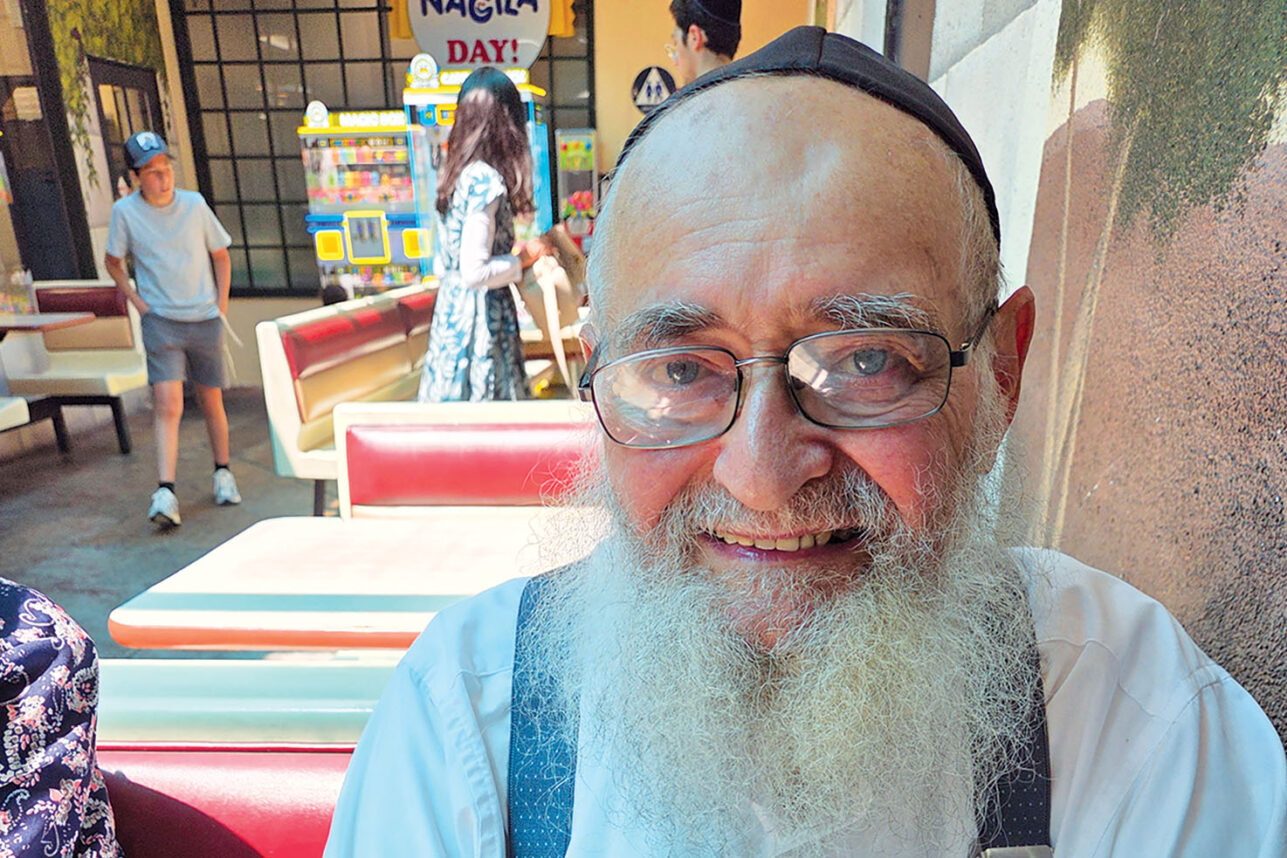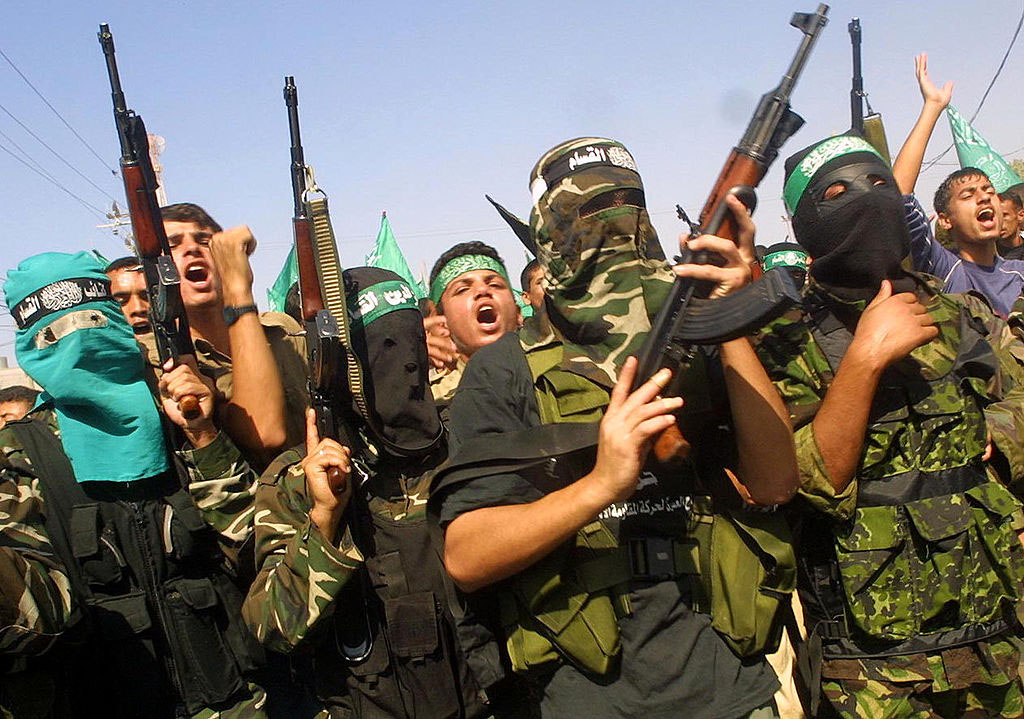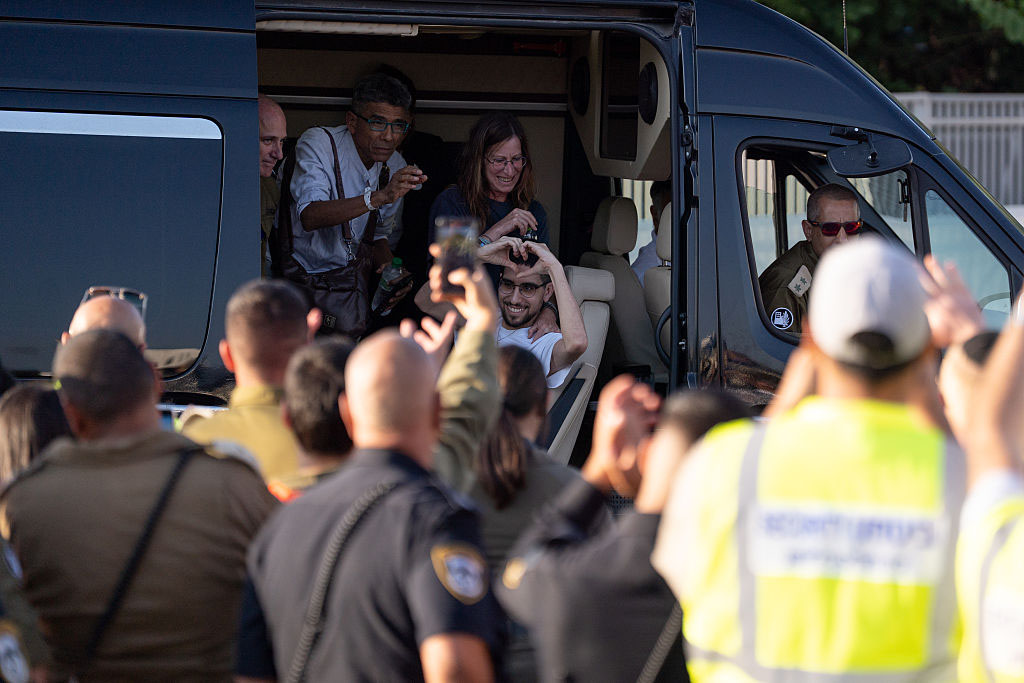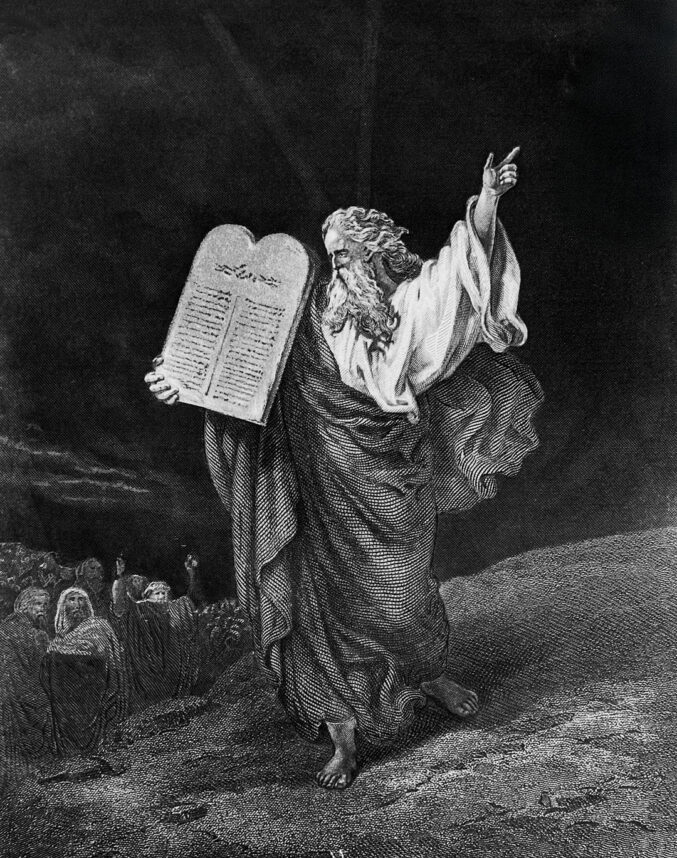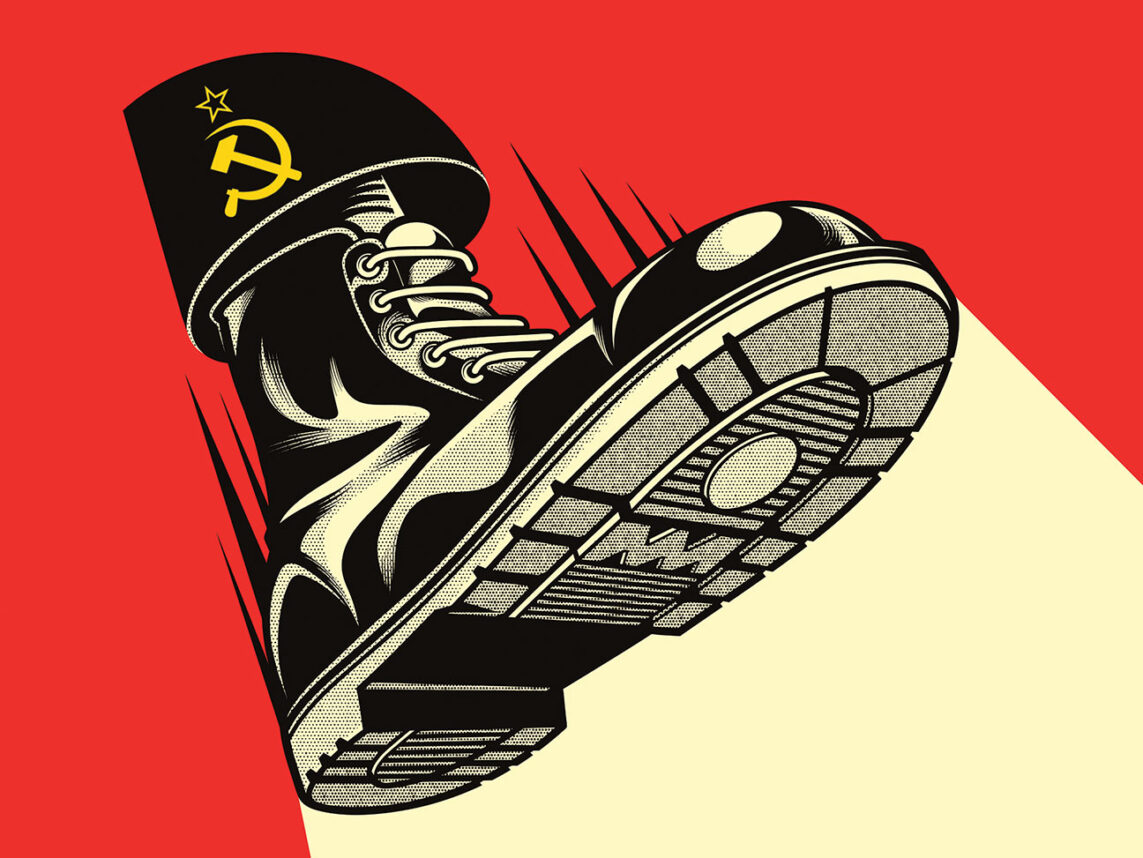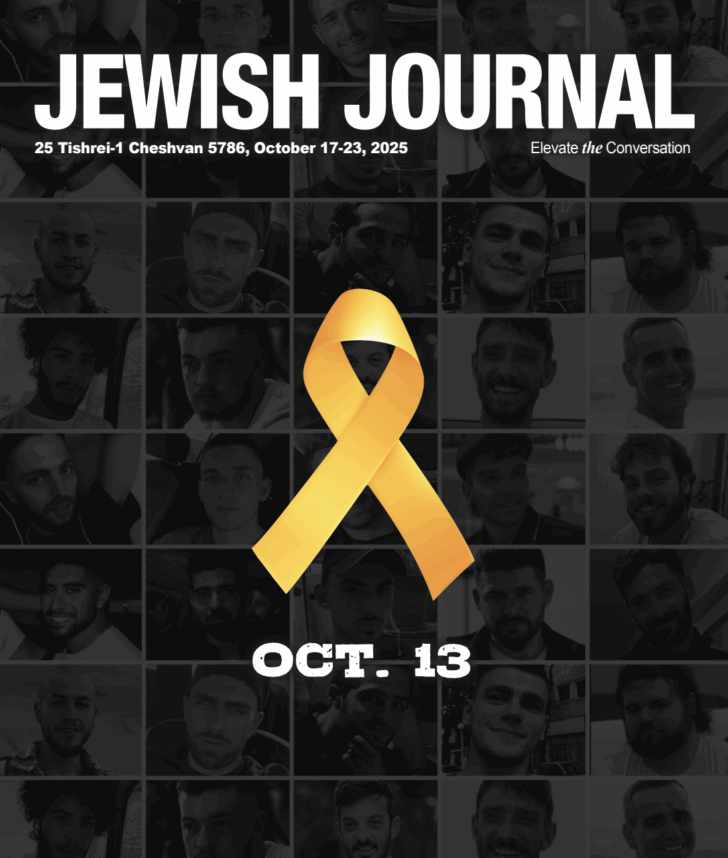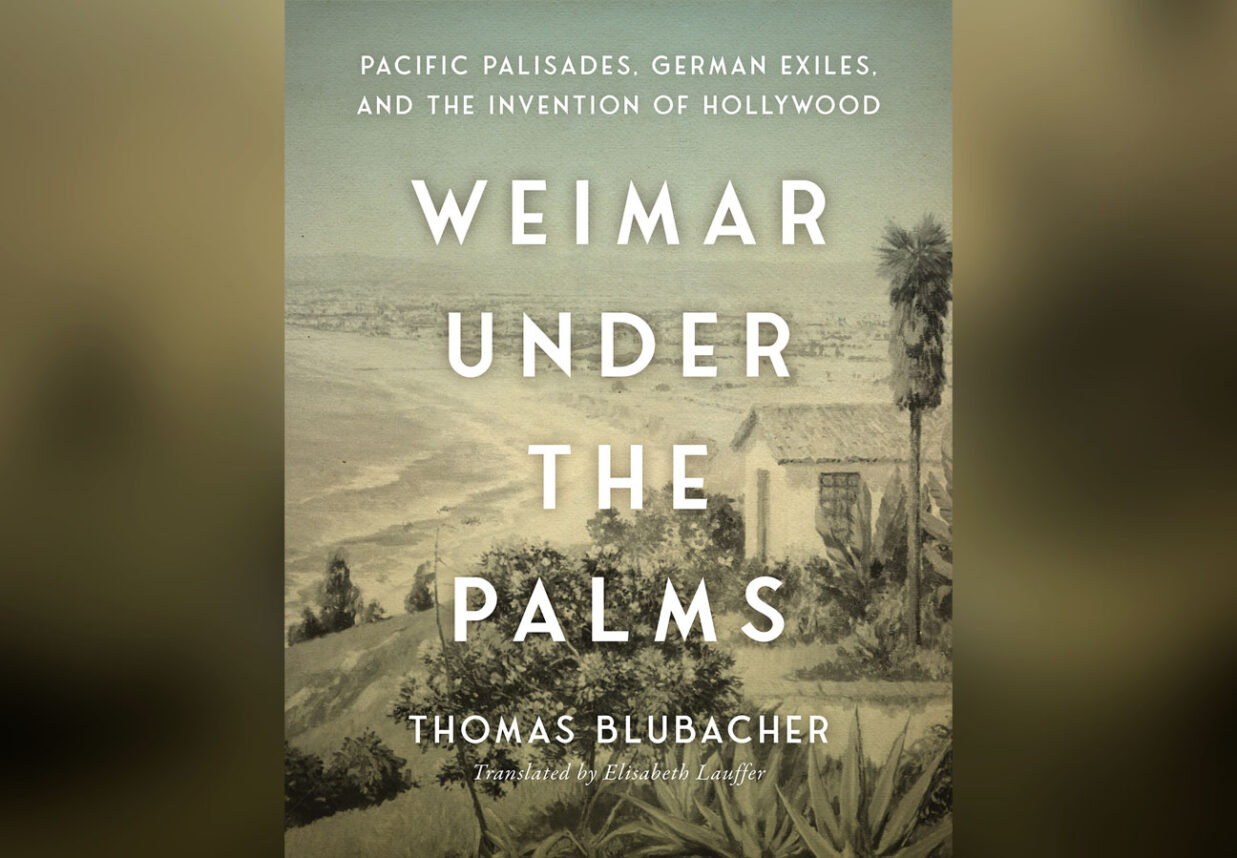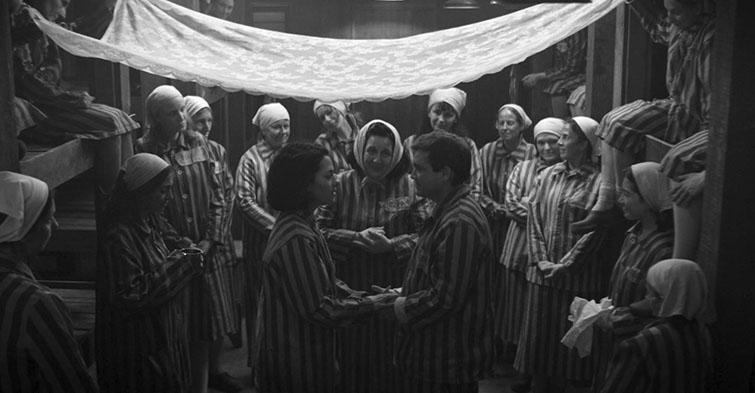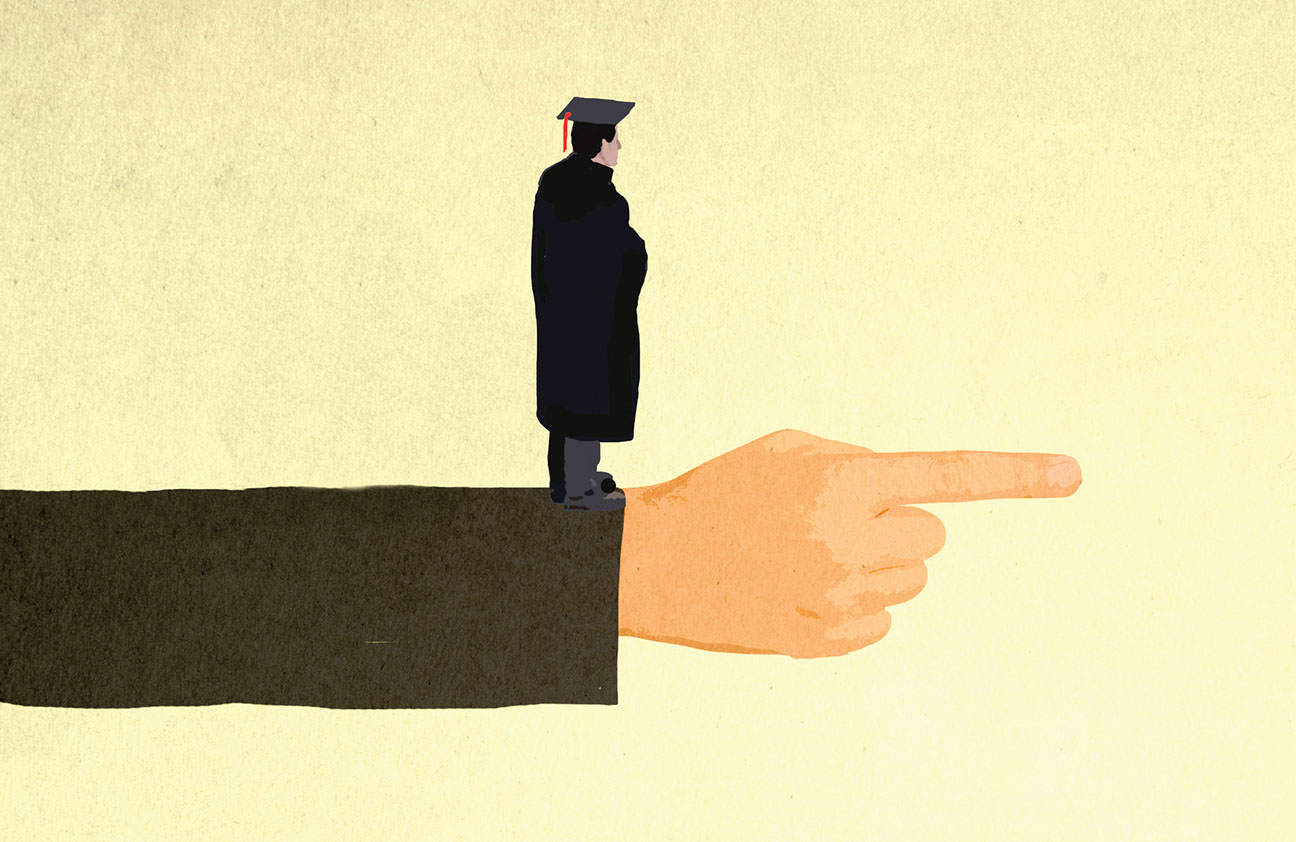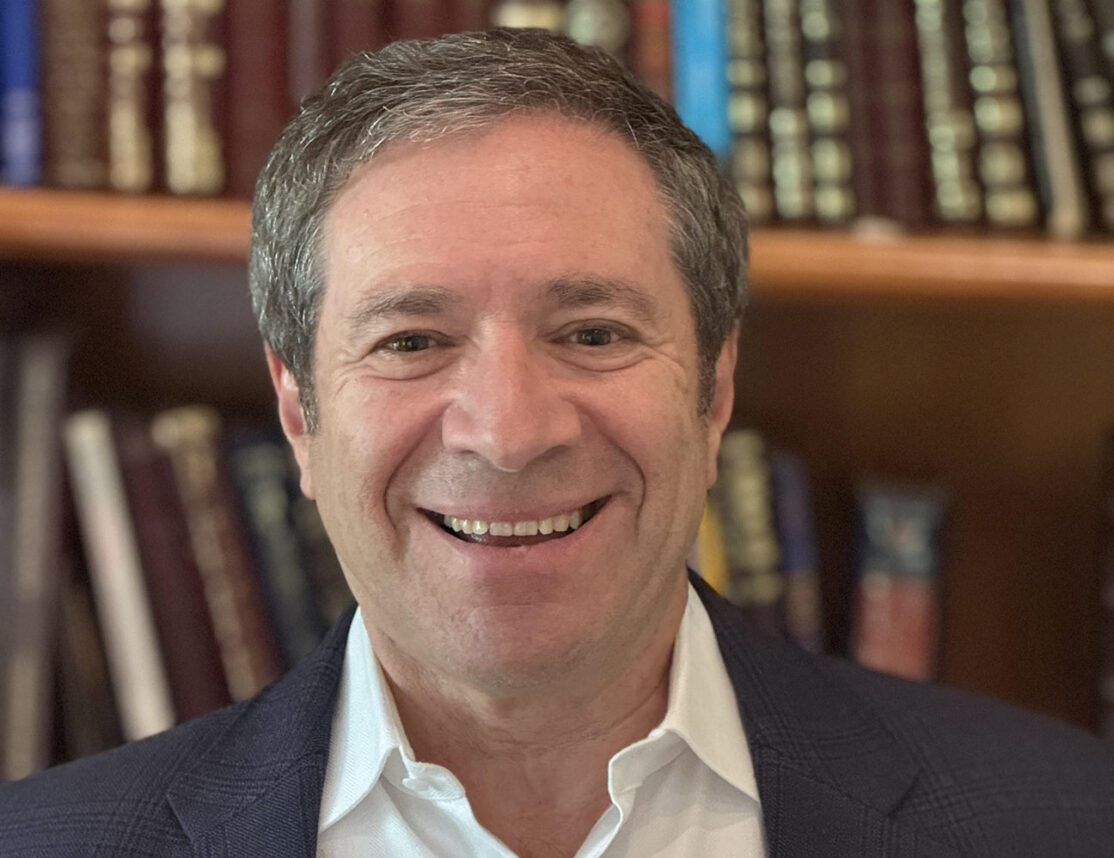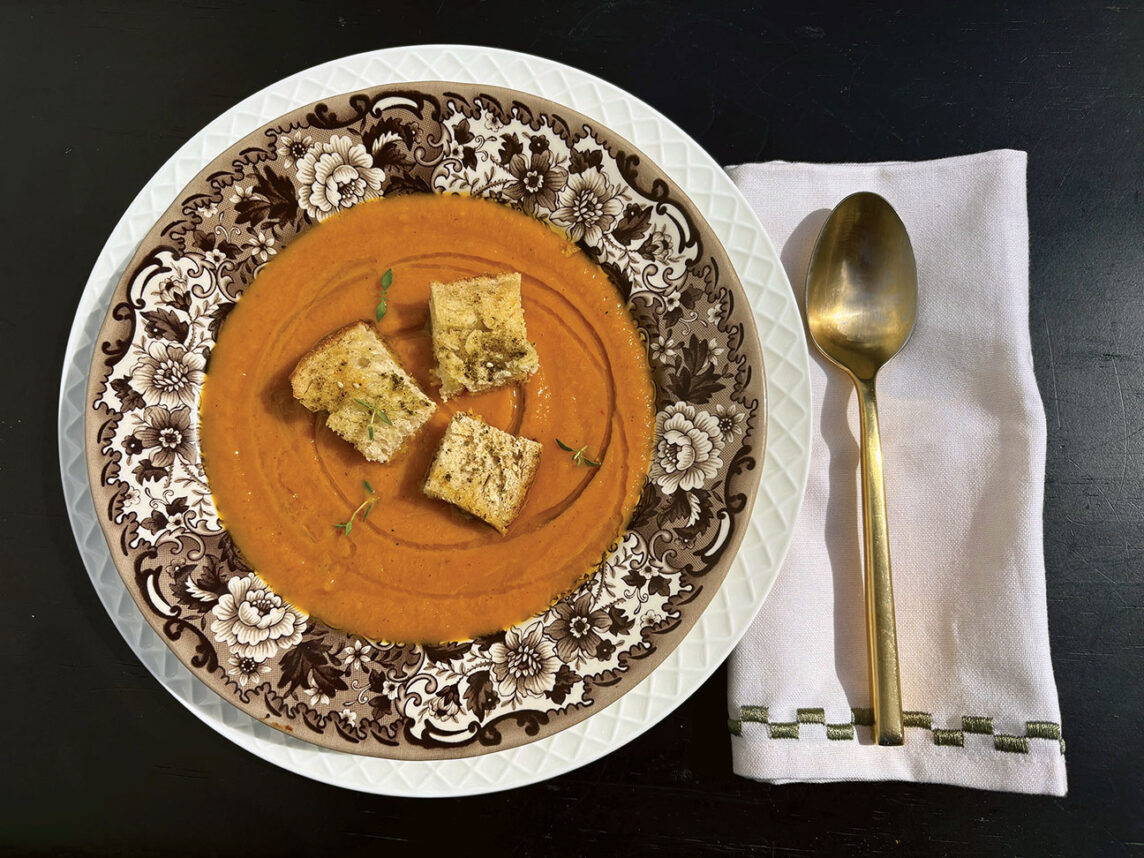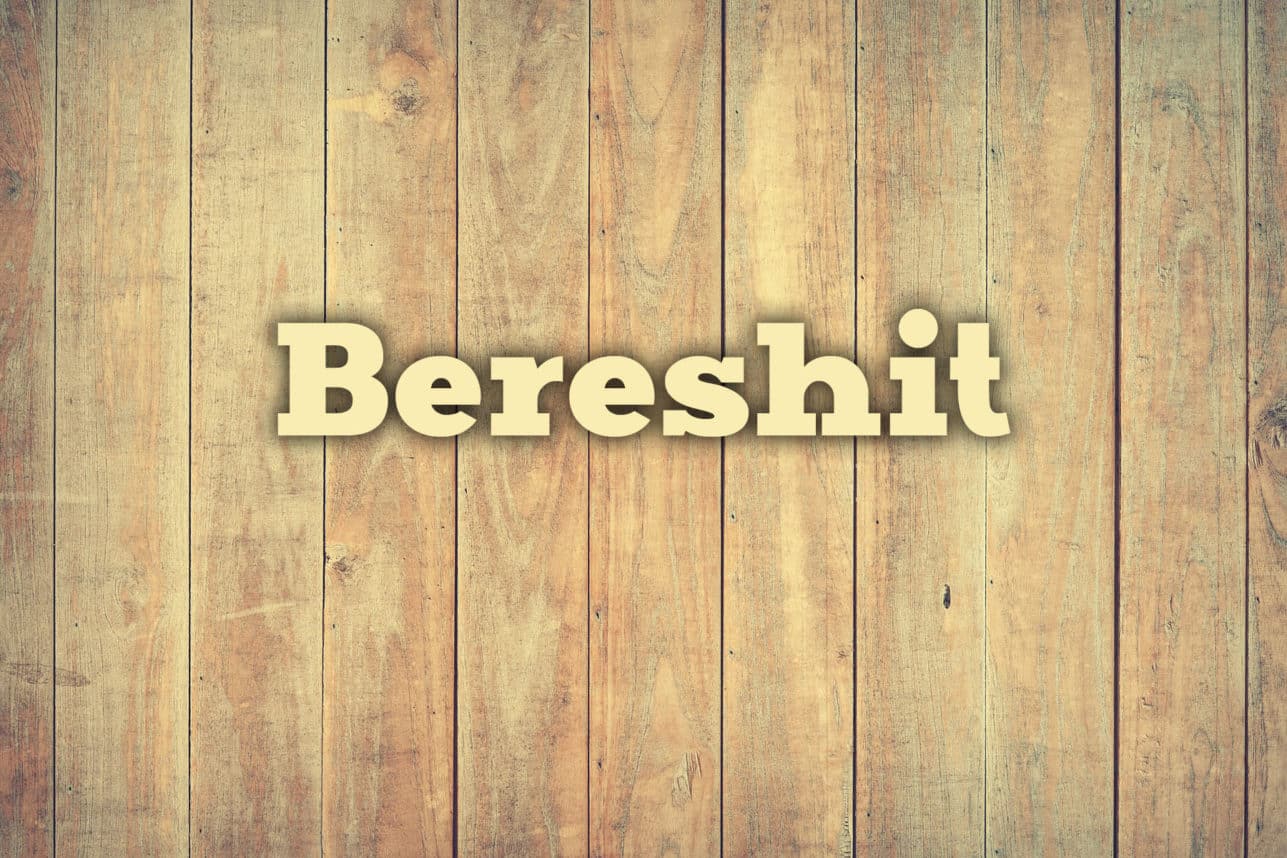On the upcoming first night of Chanukah, Chasidic and some observant Ashkenazi Jews will forgo Torah study, choosing instead to play games or pursue other leisure activities. Why? Because this year, Chanukah begins on Christmas Eve, otherwise known as Nittel Nacht, when certain customs forbid partaking in learning from Torah.
“It’s something of obscure origins,” David N. Myers, the Sady and Ludwig Kahn Professor of Jewish History at UCLA, said of the Christmas Eve tradition. “My best guess is that it emerges out of the tension-filled relationship between Judaism and Christianity in medieval Ashkenazic lands.”
Myers said the custom started around the 16th century, but tensions between Jews and their Christian neighbors began much earlier, highlighted by a text that emerged as far back as the 11th century, called “Toledo Yeshu.”
“It was a work that showed the history of Jesus,” Myers said. “It was a collection of accounts of Jesus’ illegitimate birth and deviant behavior, and was one of the most widely spread works in medieval Ashkenazic culture. It reflected the disdain the Jews had for Christian origins.”
The Jewish people at that time observed Nittel Nacht as a way to avoid experiencing any pleasure or joy on the day when Christians began their celebration of the Christian messiah’s birth, as well as to ensure that no glory would be given to the day. While abstaining from Torah study, they also would eat garlic to ward off evil spirits and play cards, Myers said.
Depending on a Jewish community’s tradition, Nittel Nacht takes place from noon or nightfall until midnight, either on Christmas Eve or on Jan. 6, the Feast of the Epiphany — when Eastern Orthodox Christians celebrate the story of the Magi, the Three Wise Men, visiting the baby Jesus — according to Rabbi Reuven Wolf, director of the Maayon Yisroel Chassidic Center. Sephardim don’t keep Nittel Nacht, Wolf said, because they mostly lived among Muslims.
Other interpretations of the tradition hold that Jews living in Europe were fearful on Christmas and would often cancel yeshivas, which is why Nittel Nacht was instituted.
“It used to be dangerous to go out on this night,” Wolf said. “[Observant Christians] would go to church, hear sermons about how Jews were Yoshke (Jesus) killers, and so it wasn’t safe for the Jews to go outside. If that’s the case, then there’s no room for [Nittel Nacht] to be kept today because that isn’t a worry or fear anymore.”
Instead, Wolf pointed to the kabbalistic spiritual aspects of Nittel Nacht as a reason for honoring it. He said that the fifth Lubavitcher Rebbe, Rabbi Sholom DovBer Schneersohn, stated, “Whenever we study Torah, we generate spiritual flow and positive energy. On this night, the powers of impurity are extremely strong. Being that they are extremely strong, if we generate extra holy energy, instead of it being a positive influence on the world, unholy forces can grab it. Then, it’ll be used to strengthen the unholy.”
To explain this further, Wolf cited the story of Jacob and Esau: “Yitzak wants to bless Esau to help fix him. Rivka realized that if Esau was given this extra dose of energy, instead of using it for good, he would have taken it and further strengthened his corruption.”
Rabbi Dovid Gurevich, co-director of the Chabad House at UCLA, brought up a diary entry attributed to the fifth Lubavitcher Rebbe as to why Nittel Nacht is significant to Chabad Chasidim. “It says he would not be pleased with people who would not be able to refrain themselves from studying Torah on that night, for those few hours between nightfall and midnight,” Gurevich said.
At Chabad headquarters in Crown Heights, N.Y., the custom is for students and followers to cancel study and do something lighter. “They hang out and play games like chess,” Gurevich said. “This is unconfirmed, but there is a picture of the Rebbe (Menachem Mendel Schneerson) playing chess with his father-in-law (the sixth Lubavitcher Rebbe Yosef Yitzchak Schneersohn). People say it may have been on that night.”
While many people studying in yeshiva will take a break to have fun, Wolf said that he and other Jews who can’t dedicate all their time to learning will be doing chores and normal, everyday activities on Nittel Nacht. “I wish we would all sit and study every minute,” he said. “You can do anything, and hopefully it’s good to do things that need to get done anyway.”
With Nittel Nacht on the first night of Chanukah this year, Gurevich said he will be participating in both.
“The first night is always very exciting,” he said. “We’re not supposed to study Torah [on Nittel Nacht], so we can just tell stories. Those can be very inspirational. We’ll tell stories about Jewish pride and identity.”









